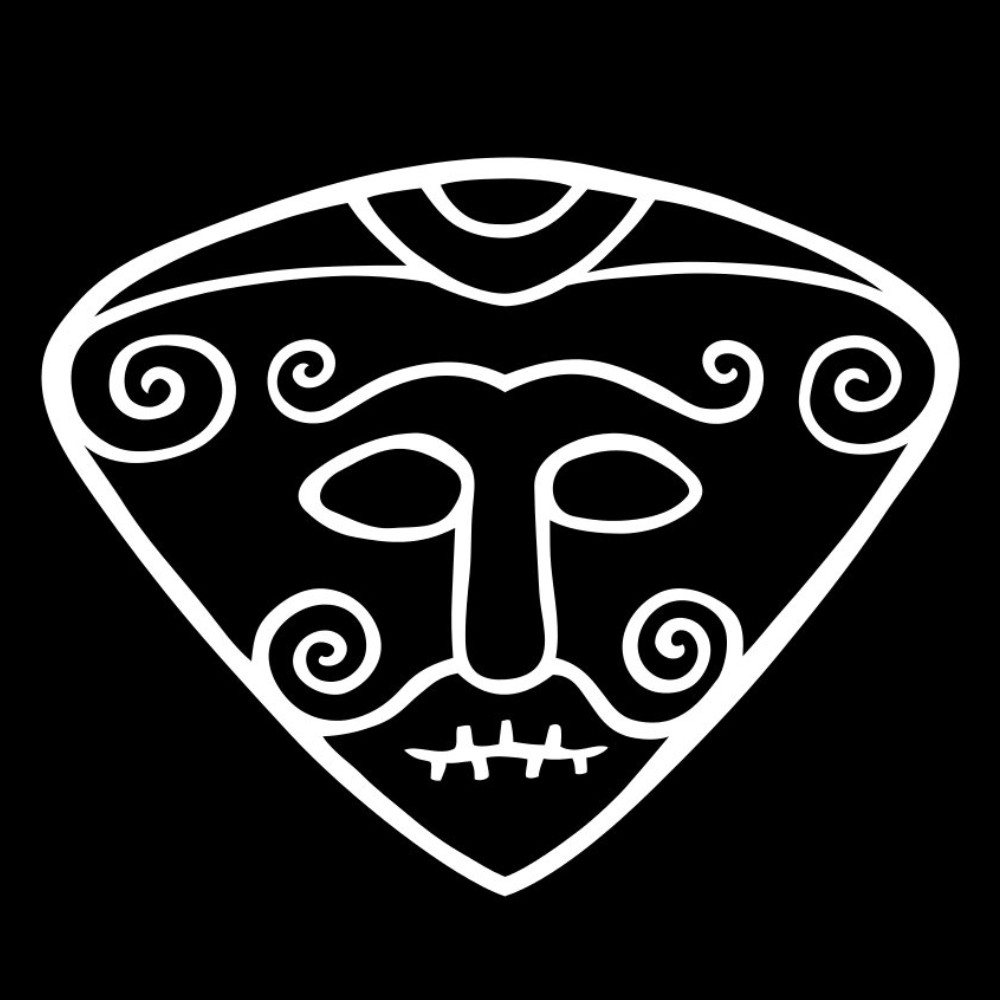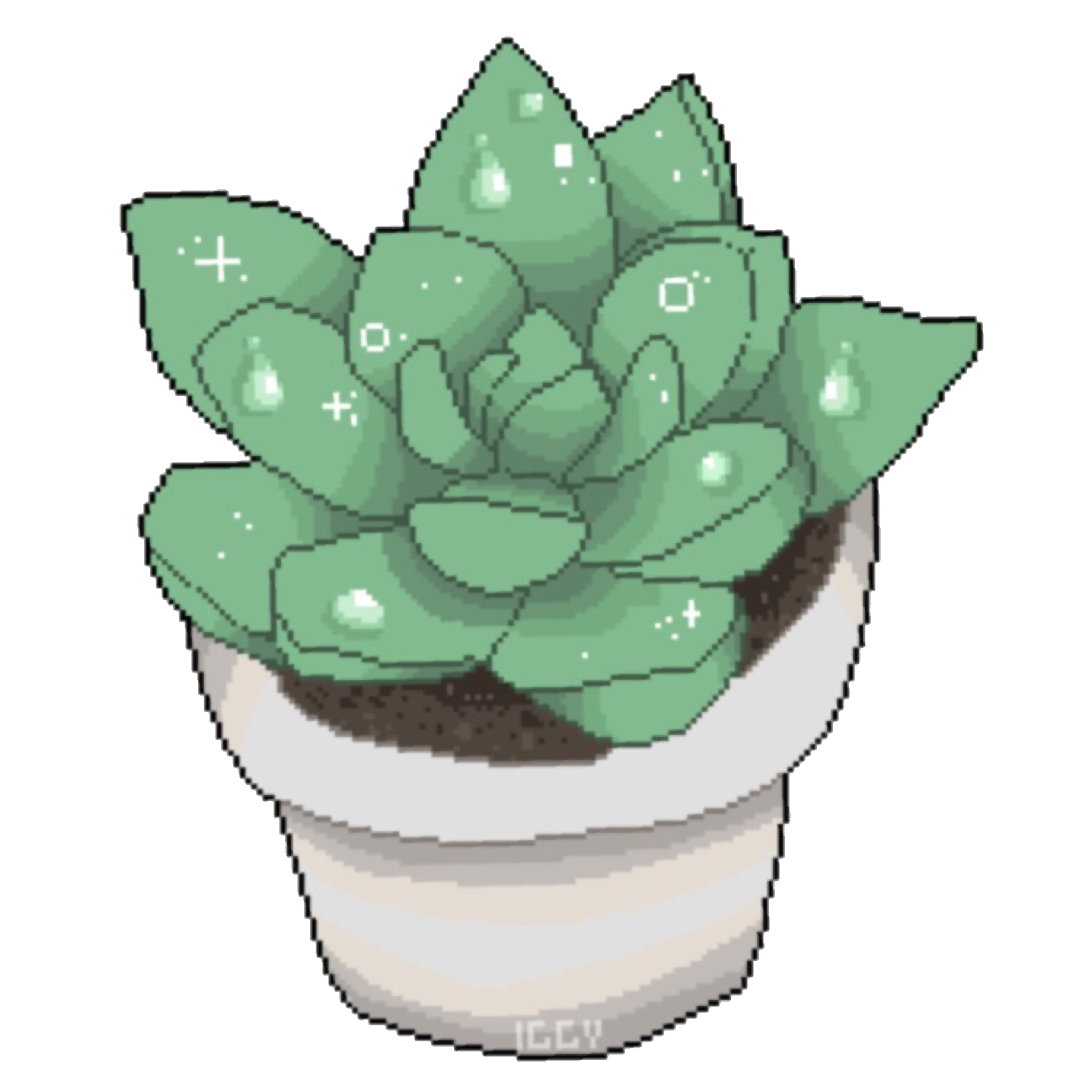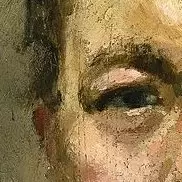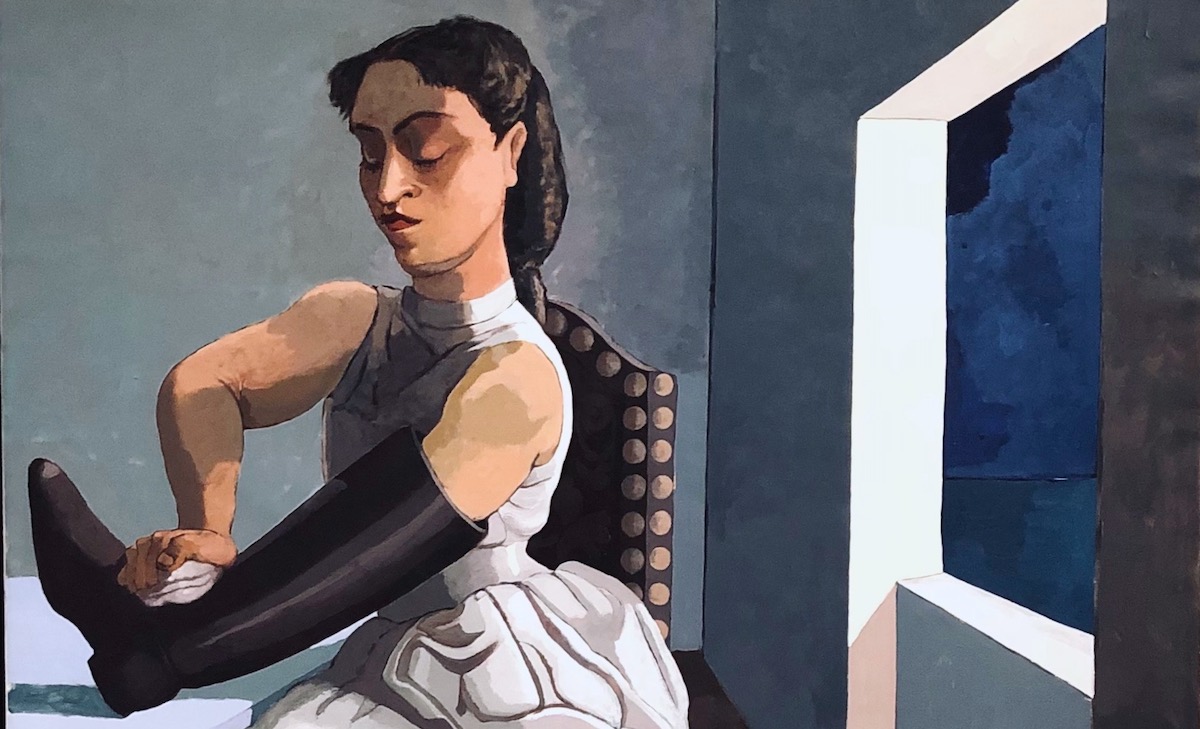

That’s a great trick, thanks!
Some people have mentioned elsewhere that this specific plant might have trouble with cold temperatures, so I think I might be a bit careful about giving it ice cubes. But I’ll keep it in mind, and consider trying it if I find myself struggling to hit a good balance!


I changed the soil and the leaves came back up again after pointing downwards for a long time now, but other than that it looks more dead every day. I’m becoming pretty pessimistic.
Then again, it sounds like I would have killed it eventually anyway. I’m not great with plants, and this one sounds like it’s above my level.